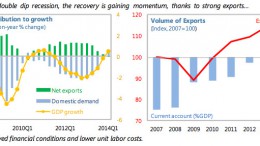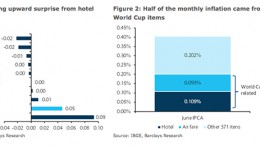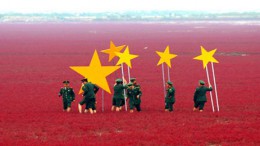The Brazilian Street: Powers of Change
The Brazilian government can spend $11.5 billion on the World Cup, but they must had an empty wallet when it came to spending money on education, health care and transport. Therefore, Brazilians themselves can be the drivers of change if they are united.








